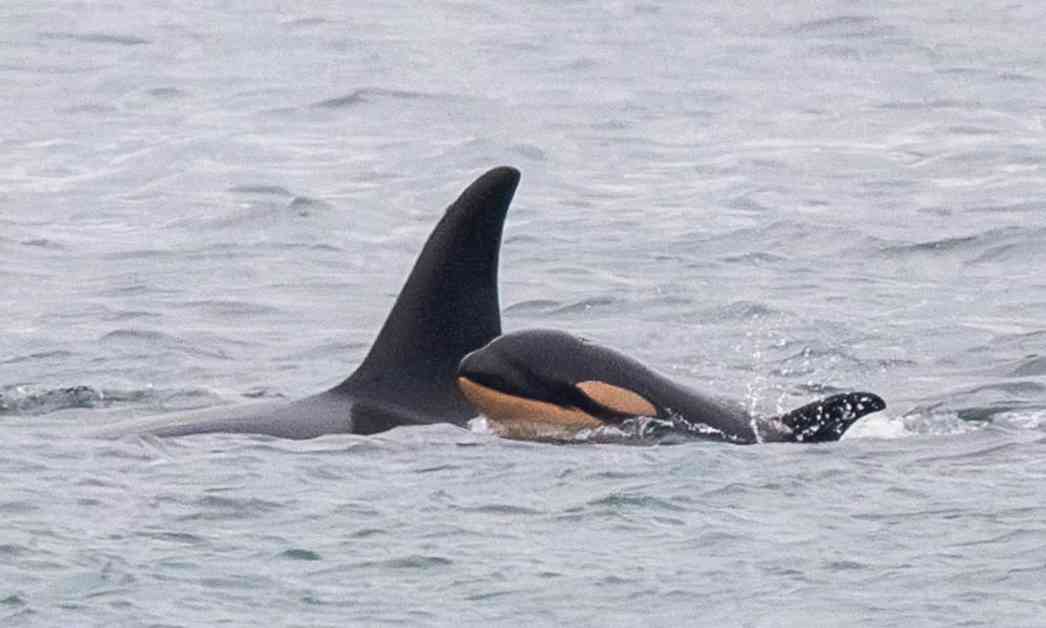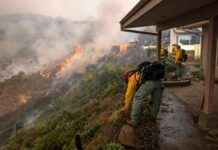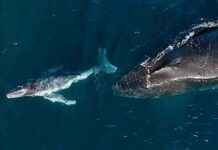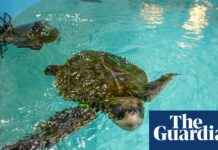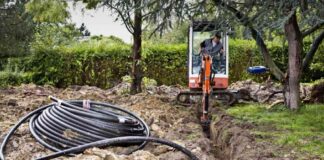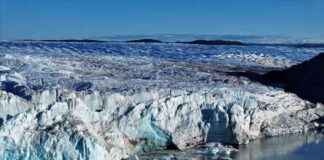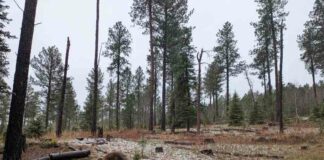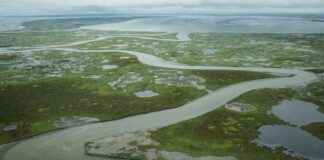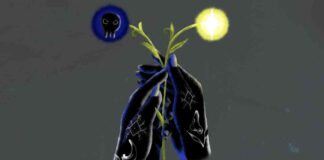Southern Resident Killer Whale Tahlequah Mourns Loss of Second Calf
In heartbreaking news for the Pacific Northwest population of southern resident killer whales (SRKW), Tahlequah, a 25-year-old member of the group, has suffered the loss of another newborn female calf. This tragic event marks the second time in just two years that Tahlequah has mourned the death of a calf, raising concerns about the future of this critically endangered species.
A Devastating Loss for the Southern Resident Killer Whales
Tahlequah, also known as J35, captured the world’s attention in 2018 when she carried her deceased calf for 17 days in a poignant display of grief. Now, with the loss of her newborn female calf, J61, the fragile population of southern resident killer whales faces yet another setback. With just 73 individuals remaining, including 23 breeding females, each loss, especially of a female calf, is a significant blow to the survival of the species.
Challenges Facing the Southern Resident Killer Whales
The primary food source of southern resident killer whales, Chinook salmon, has been dwindling for years, impacting the nutrition and reproduction of the whales. Conservation groups have called for urgent action to protect these imperiled creatures, as they face threats from vessel disturbances, pollution, and declining prey populations. Tahlequah’s recent loss highlights the ongoing struggles faced by these majestic marine mammals.
A Glimmer of Hope Amidst Tragedy
While Tahlequah’s grief is palpable, the sighting of another calf born to the same pod brings a ray of hope to the beleaguered population of southern resident killer whales. As scientists continue to monitor the situation, the resilience of these creatures and the unwavering support of their pod members offer a glimmer of hope for the future. Amidst the challenges and losses, the bond shared by these intelligent beings serves as a powerful reminder of the interconnectedness of all life on our planet.

